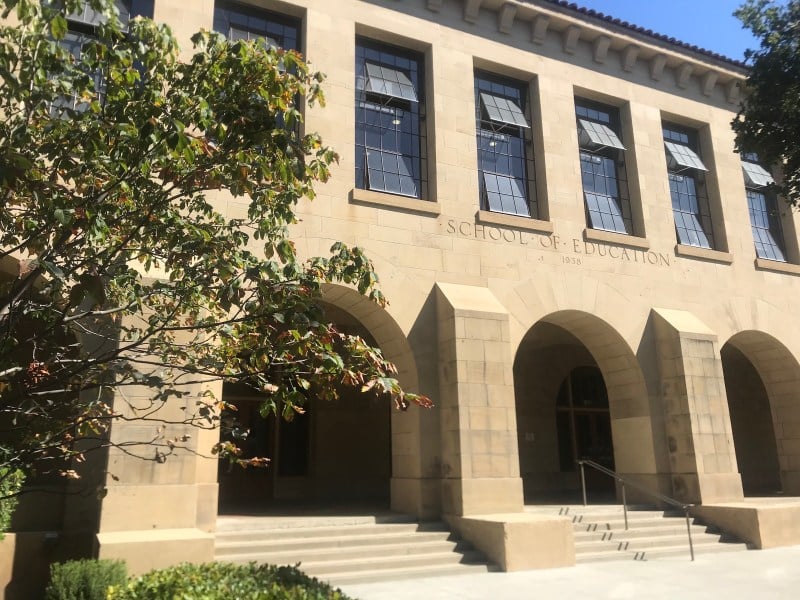An online course equipping students to develop a “growth mindset … the belief that intellectual abilities are not fixed but can be developed,” according to Stanford News, has been developed by award-winning Graduate School of Education (GSE) professors Carol Dweck and Greg Walton. The program focuses on how shifting perspectives on education can help to improve students’ scores on written assessments by shifting their stances toward certain core subjects.
“The early research showed that helping students develop a growth mindset could be a new way to help more students succeed,” Dweck told Stanford News. “Now, as a field, we are starting to understand how to do this at scale — and we are understanding the role of supportive learning environments that can maximize the benefits of a growth mindset.”
Dweck and Walton’s “National Study of Learning Mindsets” was operated on two categories of students transitioning into high school: typically low achieving students, who had low GPAs and therefore more room for improvement, and typically high achieving students, who had high GPAs and therefore less room for improvement. Selected schools delivered the 50-minute intervention to students of both groups; the school’s curricula, wealth and overall strength were taken into account during the study. The results, which were published in Nature, showed dramatic improvement in student scores.
For the most part, both categories of students benefited from the course no matter their initial standing. Higher performing students could improve on their already stable educational base, and lower performing students could solidify their school-related foundation. Both groups were taught to think less of learning abilities as dependent on a “raw” or “innate” talent, and instead more of as something fluid and flexible, finding their work generally more “meaningful”.
Dweck, the Virginia Eaton Professor of Psychology at Stanford, is in some part known as the founder of “growth mindset” research. Most of her work has stemmed from a neuroscientific concept known as brain plasticity, where neuron networks can grow an expand given that students use proper learning techniques. By actively informing students that their neuron networks, or in other words, intelligence, can grow, researchers can positively influence how students feel towards their studies, proved by the results of National Study of Learning Mindsets.
“People are born with unique genetic structures, meaning they are initially better than others at different things,” Dweck wrote in a 2015 Renaissance article. “ … however, those with a growth mindset believe that one can always improve, catch up, or even surpass others’ natural talents. This is where teachers play a crucial role in shaping a student’s confidence and outlook on school through productive, continuous feedback. It is crucial that teachers who understand the growth mindset do everything in their power to unlock that learning.”
Now, the results of the study have encouraged further efforts to fully utilize “mindset shifts” — and Stanford professors, like Dweck and Walton, may play a large role in these further developments.
